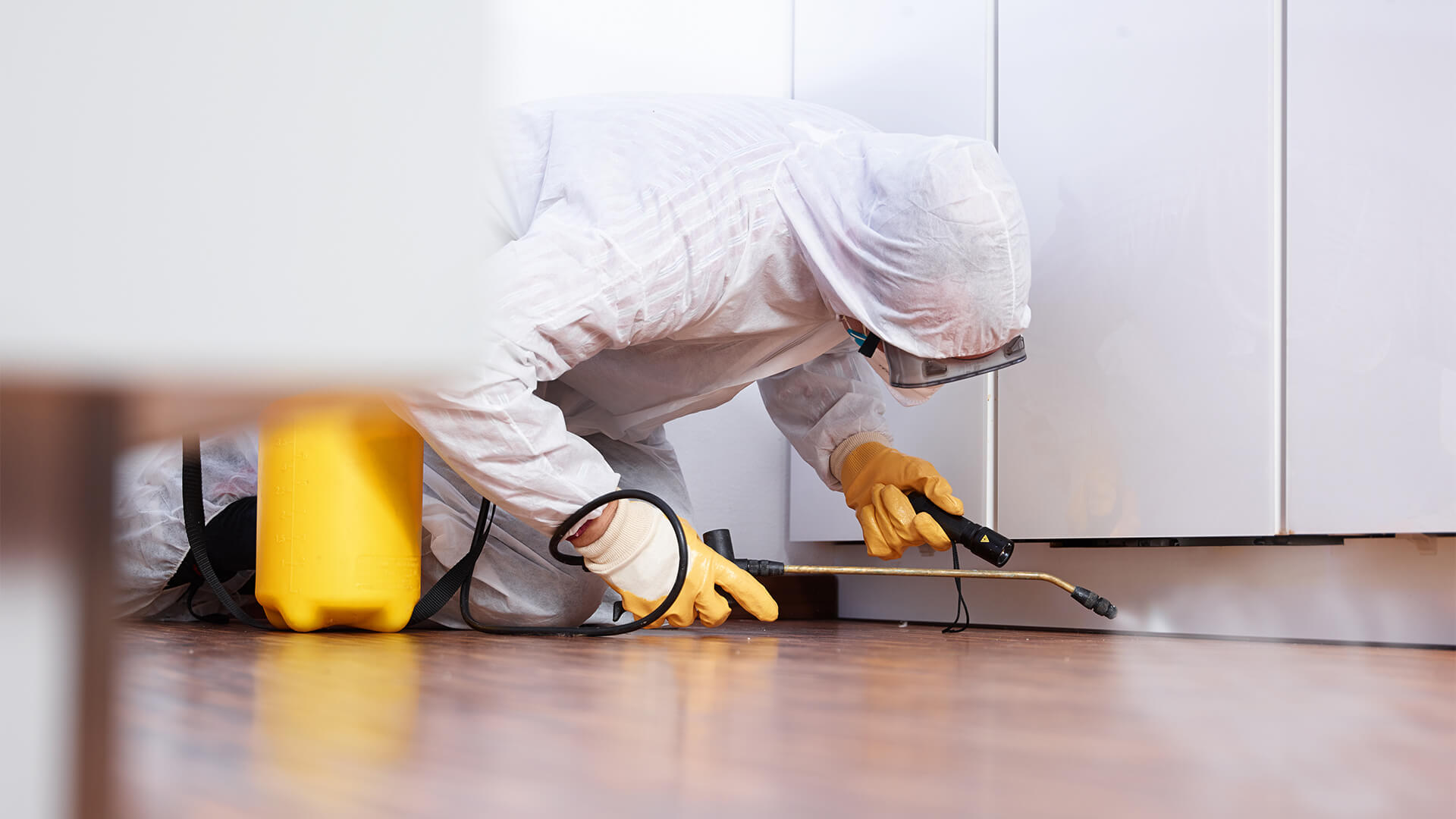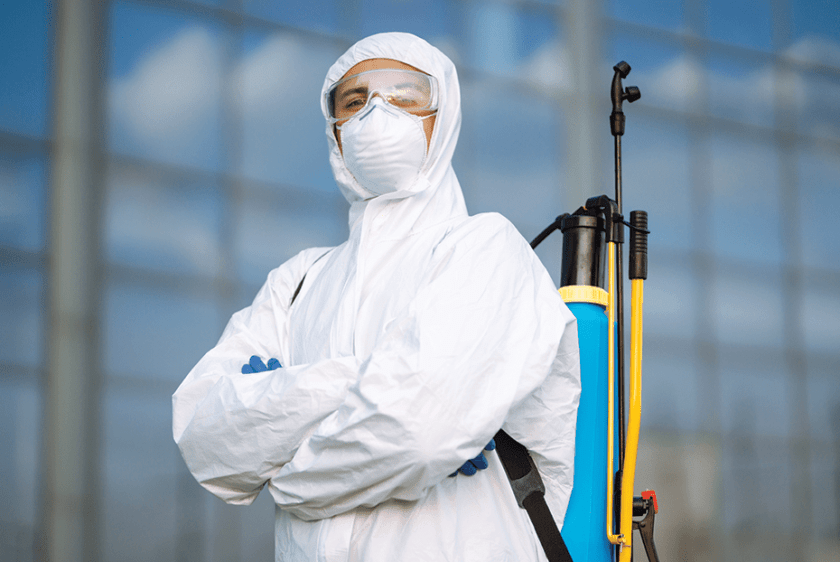Affordable Rat Control Coquitlam Services to Keep Your Home Safe
Affordable Rat Control Coquitlam Services to Keep Your Home Safe
Blog Article
Safe and Trusted Parasite Control for Lasting Security
Efficient parasite administration calls for a diverse strategy that stabilizes ecological integrity with the need for efficient insect reductions. The nuances of these approaches may not be immediately clear, motivating a closer exam of the methods that can lead to sustainable insect control end results.
Comprehending Bug Control Methods
Insect control includes a range of methods targeted at handling and eliminating undesirable insects and rodents that can intimidate both health and residential property. Comprehending these approaches is important for effective parasite management.
The key categories of insect control approaches include mechanical, biological, and chemical techniques. Mechanical techniques entail physical obstacles and traps to avoid insect access and capture undesirable species. Using screens on windows or using sticky traps can dramatically lower bug populations without introducing dangerous substances - exterminator coquitlam.

Chemical bug control is typically one of the most identified method, utilizing chemicals to get rid of insects. These chemicals can be effective but should be made use of with care to stay clear of unfavorable impacts on non-target species and the setting.
Advantages of Eco-Friendly Solutions
How can environment-friendly options transform bug control methods? The adoption of green insect control approaches offers countless benefits, substantially boosting the effectiveness and safety of pest management.

An additional benefit is the positive influence on local biodiversity. Green solutions are created to target certain insects while maintaining valuable pests and wildlife, promoting a balanced ecosystem. This technique straightens with the growing customer need for lasting techniques, enhancing the credibility of parasite control carriers.
Integrated Pest Monitoring Strategies
The application of eco-friendly solutions naturally leads to the adoption of Integrated Insect Monitoring (IPM) techniques, which further enhance insect control efficacy. IPM is a holistic approach that integrates several tactics to take care of parasite populations while lessening environmental impact. This technique emphasizes the usage of organic, cultural, mechanical, and chemical controls, making certain a sustainable and balanced technique of parasite management.
One fundamental facet of IPM is the comprehensive assessment of parasite activity and environmental problems. By checking parasite populations and determining their life cycles, professionals can carry out targeted interventions that interrupt the insect's habitat or lifecycle, reducing reliance on chemical pesticides. Additionally, social methods such as plant turning and habitat manipulation can dramatically lessen insect facility and recreation.
An additional critical component is making use of organic control agents, such as helpful insects or microorganisms, which can normally reduce pest populaces. When chemical applications are essential, IPM focuses on using low-risk chemicals and uses them selectively, minimizing direct exposure to non-target organisms and human beings.
Integrating IPM methods not just boosts parasite control efficiency but also advertises a safer ecosystem, aligning with the growing demand for lasting methods in bug monitoring.
Safe Practices for Homeowners
Recognizing the importance of risk-free practices in bug control can encourage home owners to properly take care of parasite problems while safeguarding their health and the setting. Implementing safe techniques and safety nets is crucial in lessening direct exposure to unsafe chemicals.
Property owners ought to initially evaluate their environment for problems that draw in pests, such as standing water, food, and top article clutter waste. Regularly cleansing and sealing access points can prevent parasites from attacking the home. Using natural deterrents, such as essential oils or diatomaceous planet, can offer effective options to chemical pesticides.
When chemical treatments are required, homeowners should select products that are especially labeled as risk-free for household use. It is vital to follow application standards carefully to stay clear of overexposure. Furthermore, utilizing targeted therapies in locations where parasites are determined, instead of blanket splashing, can substantially minimize chemical use.
Finally, maintaining open interaction with bug control experts is vital. Homeowners should ask about the safety and security of products utilized and request eco-friendly options whenever possible. By embracing these secure practices, homeowners can develop a much healthier living environment while properly managing bug problems.

Tips for Long-Term Defense
Establishing an insect monitoring strategy that highlights long-term protection can greatly improve the efficiency of the risk-free practices formerly talked about. To attain this, home owners ought to execute regular assessments of their home, concentrating on concealed locations such as attic rooms, basements, and crawl areas. Early discovery of pest task is crucial in avoiding problems from holding.
These methods reduce attractants that draw pests into the home. Securing entrance factors, straight from the source such as cracks around windows and doors, can successfully block possible bug access.
Landscape design must likewise be considered; keeping plants trimmed and keeping a distance between vegetation and the home reduces hiding places for parasites. Making use of all-natural deterrents, such as vital oils or diatomaceous planet, can additionally discourage infestations without resorting to severe chemicals.
Last but not least, teaming up with a professional insect control service for routine evaluations can provide an added layer of security. These professionals can supply tailored recommendations and advanced treatments, guaranteeing that your home continues to be secured versus pests in the long-term.
Verdict
Finally, reliable and secure pest control requires a multifaceted strategy that stresses eco-friendly approaches and integrated insect administration. By executing all-natural deterrents, performing regular assessments, and maintaining correct cleanliness, homeowner can significantly minimize insect populaces while shielding valuable pests and the setting. Cooperation with specialist pest control services enhances the efficiency of these strategies, making certain tailored solutions that give long lasting defense and satisfaction versus future problems.
Reliable pest administration needs a diverse approach that balances environmental stability with the need for effective insect suppression. The adoption of environment-friendly pest control methods offers various benefits, substantially boosting the performance and safety of insect monitoring.The execution of environmentally friendly options normally leads see this page to the fostering of Integrated Parasite Administration (IPM) techniques, which better improve pest control effectiveness. exterminator coquitlam. By checking pest populaces and recognizing their life cycles, professionals can execute targeted interventions that disrupt the parasite's habitat or lifecycle, lowering dependence on chemical pesticides.In conclusion, safe and trusted bug control requires a complex strategy that highlights eco-friendly methods and integrated parasite administration
Report this page